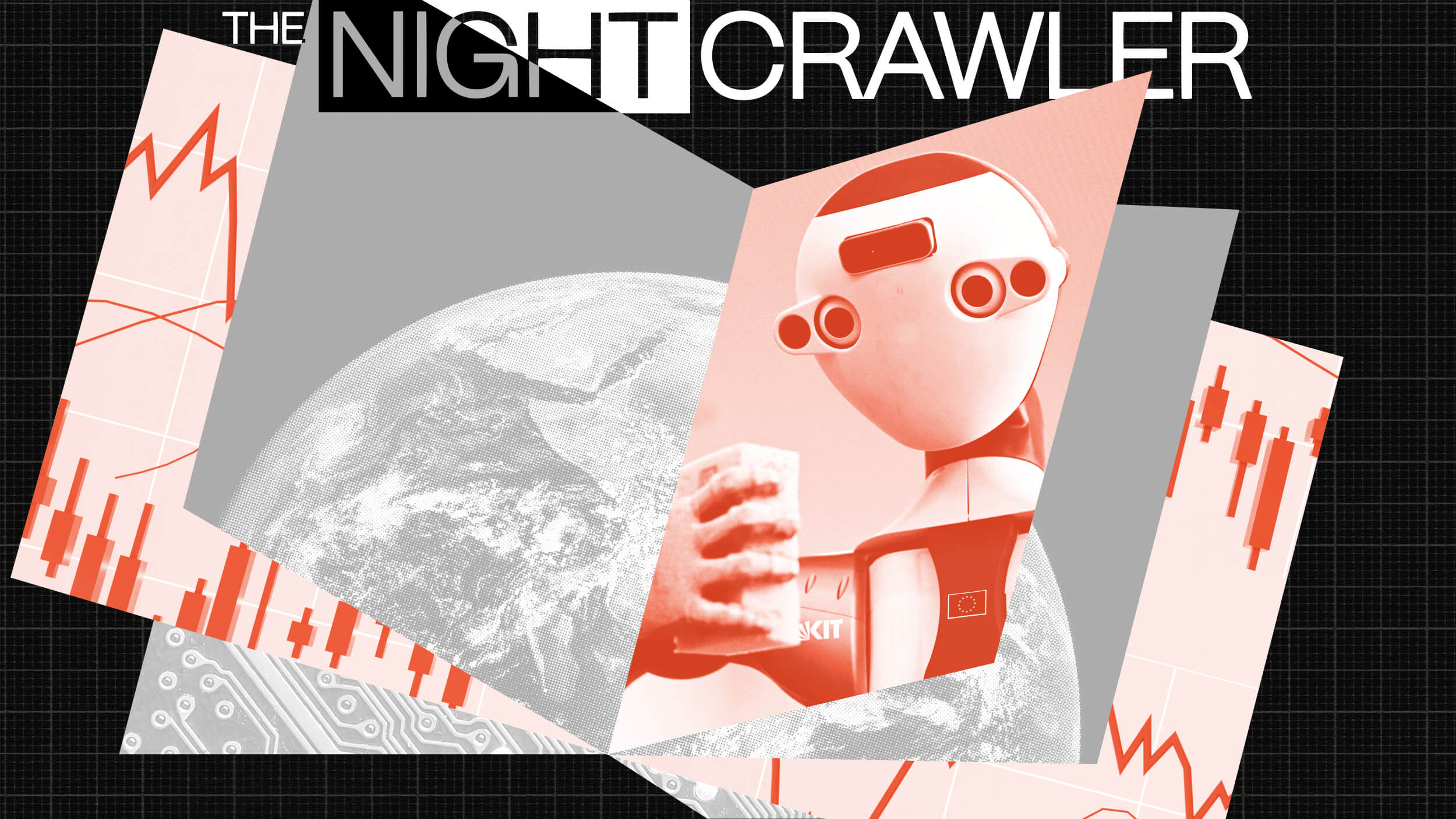It’s not a coincidence.
Matt Bai: I mean there are certainly some trends at work that contribute to this. It’s not a coincidence. Money in politics contributes to this, because only a certain number of people . . . You either have to be famous or wealthy. It’s very, very hard to be anything else and succeed in American politics right now at the highest level. The celebritization of the culture and politics plays a big role in this. If you ever . . . Everything now is kind of a soap opera or People magazine segment subject, you know. So you know we like families. And we like spouses. And we like kids. And you know we’re willing to . . . This goes back really to the Kennedy’s right? This has been happening over a period of time in American history. And people’s personal lives are much more an issue in politics than they were. And so you would expect to come from that, I think, some . . . some . . . some dynastic impulse. Because once somebody has celebrity, it rubs off on all the people around them right? So tabloids now write about this guy – what’s his name – Kevin Federer, right? (referring to Kevin Federline) I mean who is this guy? He married a pop singer, right? So of course, you know, why shouldn’t the wife of a president be instantly considered a potential senator and president? You know because that’s the culture. But you know it’s not a first. I mean we had the son of a president before. We had two cousins within a relatively . . . within a couple decades of each other. So you know it doesn’t necessarily mean we’re headed toward that period. I think what it . . . The larger meaning of it to me is – because this is the larger meaning of everything to me – is . . . is . . . is really about this economic upheaval in America, because what we . . . What it really says is we’re living in this moment now quite differently from the last 100 years or so where this notion that anybody can be born in any circumstances and get the education and the opportunities they need to go out, to be self-sufficient, to run for public office, to ultimately be president. The Bill Clinton story of Hope, Arkansas is very much in jeopardy. It’s still doable. It’s still possible if you have Clinton’s talent, and drive, and ambition, and neuroses; but . . . but ultimately, you know, like everything else in this society where opportunity is . . . is gravitating toward a more limited number of people. And that’s obviously gonna be reflected in politics because it’s reflected everywhere else. And it’s, you know, the central challenge we face.
Recorded on: 12/13/07






